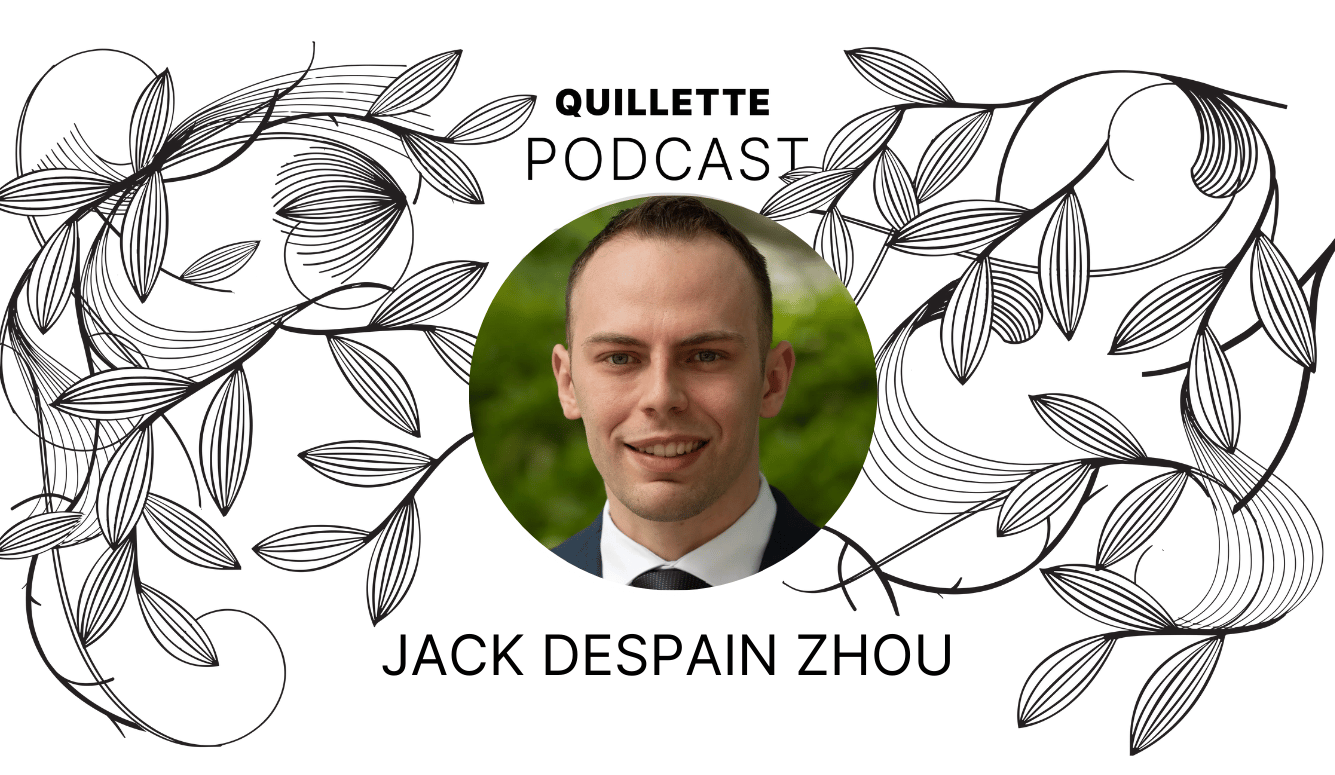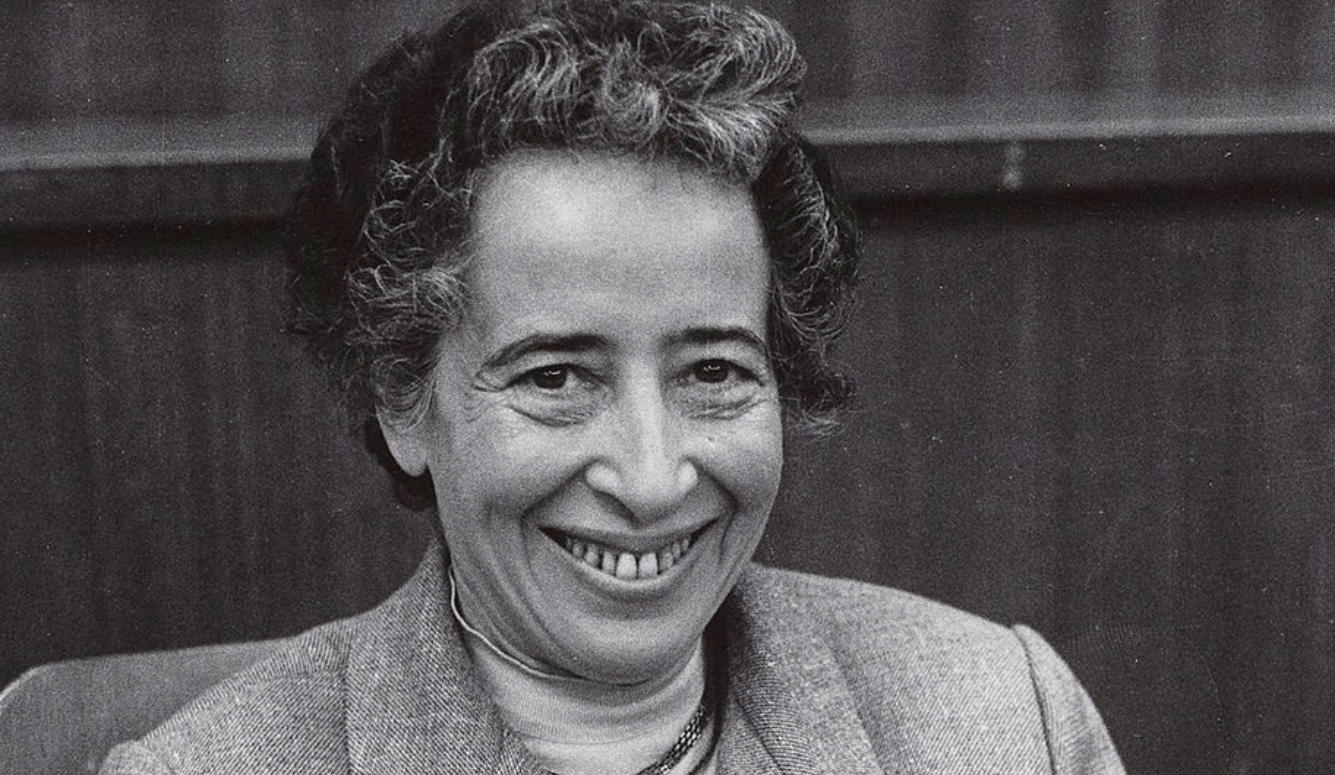Applebaum vs. Fitzpatrick: Is History Political?
It is important to follow the lead of both Applebaum and Fitzpatrick in standing firm in pursuit of the truth, whatever it might be.

The 1932-3 famine in Ukraine claimed the lives of 3 to 5 million people (by conservative estimates). The tragedy was proven to be the result of Stalin’s “collectivization” agricultural policies. However, it is still debated whether the deaths were a result of mismanagement and the failure of collectivization, or of a conscious plan to exterminate the Ukrainians in an act of deliberate genocide. Anne Applebaum’s Red Famine: Stalin’s War on Ukraine (Penguin, 2017) offers a new contribution to this discussion, drawing upon archival sources as well as first-hand accounts of the famine, or Holodomor, as it is known in Russian and Ukrainian historiography. Applebaum is known for her extensive writings on Soviet history, including the Pulitzer Prize-winning Gulag: A History (Doubleday, 2003) and Iron Curtain: The Crushing of Eastern Europe, 1944–1956 (Allen Lane, 2014). Red Famine, a new addition to her works on the USSR, claims that Holodomor was engineered in order to destroy Ukrainian identity and the Ukrainian peasantry, which posed a threat to Stalin’s power.
Red Famine naturally appeared on the radar of Sheila Fitzpatrick, an acclaimed historian of the Soviet Union and author of works such as Stalin’s Peasants (OUP, 1994), on the same subject of the Ukrainian famine, and Everyday Stalinism: Ordinary Life in Extraordinary Times: Soviet Russia in the 1930s (OUP, 1999), an account of “people’s history” in the shadow of the Great Terror. In her review in the Guardian, Fitzpatrick spoke positively of Red Famine as “a superior work of popular history.” However, she ultimately reaches different conclusions to Applebaum, echoing those she offered in Stalin’s Peasants: that what Stalin wanted was not the death of millions of Ukrainians, but reaping as much of the harvest as possible, irrespective of the cost in human life.
The Fitzpatrick-Applebaum debate would be confined to a purely specialist discussion, if not for its political undertones and Applebaum’s response to the review, which went viral and attracted considerable social media attention beyond the expected academic circles. In a Facebook post, the Red Famine author responded to criticisms made by Fitzpatrick, such as the inaccurate citation of primary sources (which, according to Fitzpatrick, Applebaum acquired partly through already compiled secondary mediums), and accused Fitzpatrick of stating she “did not buy” into the genocide argument when she had said “exactly the opposite.” Even though the retort, while probably a little too scathing for Fitzpatrick’s overwhelmingly positive review, presented no extraordinary arguments, it was shared far and wide. For instance, David Patrikarakos of the Daily Beast shared Applebaum’s response on Twitter, characterizing her opponent’s review as a “smear” of Red Famine.
Sheila Fitzpatrick smears @anneapplebaum‘s book on the holodomor. Applebaum’s response here: https://t.co/g8x4YH0clXhttps://t.co/kqlQSuDZmq
— David Patrikarakos (@dpatrikarakos) August 27, 2017
Writer Andrea Chalupa dismissed the value of Fitzpatrick’s findings for Soviet history scholarship because of her revisionist approach to contentious historical questions. Willard Foxton of the Telegraph not only described the review as “sneery”, but also characterized the author as a “Stalin apologist.” John Schindler of Observer went the furthest in his criticism, comparing Fitzpatrick to David Irving.
These responses are somewhat surprising, considering the generally positive thrust of the review and Fitzpatrick’s glowing reputation in academic circles. But the world of popular history and investigative journalism is different to that of the “ivory tower” of academia, because questions of the past tend to be revived and discussed in the context of the politics of the present.
Controversies surrounding the Soviet past have been fuelled by the world’s inability to decisively allocate blame for 20th century Communist atrocities. While the former “satellite states” have unequivocally condemned Stalinist tyranny and even enacted laws prohibiting the display of Communist symbols (with mixed success), Russia has been ambiguous in her response. After Charlottesville, the question of historical memory has become a pressing one, and it is no wonder that commentators turned to the current Ukrainian plan of removing Soviet monuments as opposed to the more ambivalent approach evident in Moscow (even though the latter has its benefits). Recognising Holodomor as a genocide is also a big part of Ukrainian politics and identity—in 2006, it was recognized by the Ukrainian Parliament and, naturally, it has been talked about more in the past few years. Uncritical preservation of the past by Russia, in turn, is widely seen as suspicious, with Putin’s domestic and foreign policies being often compared to internally oppressive and externally expansionist doctrines of the “Soviet Empire.”
Applebaum, a staunch critic of the Russian government (with her commentary extending to the conflict in Ukraine, internal democratic issues, and the recent Putin-Trump controversy), clearly sees changing the Soviet legacy as one of the main missions of her writing. In the preface to Gulag: A History she laments the supposedly apologetic and callous attitude towards Soviet history by both lay persons and academics, arguing that the Soviet legacy should be treated similarly to that of the Nazi regime. Controversially, as Fitzpatrick remembers, she even accused her academic colleagues of trying to “curry favour with the Soviet authorities to get visas and archival access.”
Hence, Applebaum has decided to distance herself from academic history circles and to pursue her research on her own. Rather than relying on accounts by other Western historians, she has chosen to focus on primary sources and produce her own vision of events. As shown by her more moderate conclusions on the Ukrainian famine, Fitzpatrick takes a more cautious stance. She winces at the hubris of Applebaum’s Gulag: A History introduction, describing the Nazi comparisons as “anachronistic.” She seemingly belongs among those historians who describe the Soviet regime as a flawed and dysfunctional system rather than a perfectly working mechanism of terror. Her clash with Applebaum revisits the 1970s-1980s debate between followers of the totalitarian model and “revisionists”: those who believed that the terror was propagated in a top-down paradigm and those who focused on other, more “social”, reasons for the sustainability of the totalitarian system. The latter did not minimize the damage done by the Soviet leadership, but regarded the Party and the state apparatus as less efficient and monolithic than their opponents. A typical claim made by this school of thought is that while Stalin ordered lower government officials to carry out the Great Terror, such functionaries also used it for their own ends such as eliminating personal enemies, thereby further inflating the death toll.
The original revisionist–“totalitarian” dispute appeared in the context of the Cold War, so it is unsurprising that it has been revived in the context of another clash between Russia and the West. However, with the proliferation of information in the digital age, the current debate has transcended historiography and moved into the political sphere—hence the contributions by politically-invested authors such as Anne Applebaum, critical commentary by writers outside of formal academia, and increased public interest. This can be good news for modern Sovietologists; an increased demand for works in the fields of political science and philosophy in the Trump era, and the popularity of discussions of the Soviet past can provide both inspiration and a wider audience for current scholars. The success of “popular history” work such as Applebaum’s investigation suggests that there is less gatekeeping and exclusivity in the field.
The attacks on Fitzpatrick, however, represent a downside to this increased exposure. As with other fields, the increased political engagement tends to promote only those scholars arriving at politically acceptable conclusions, with works that challenge orthodoxy consequently disparaged as “apologism.” As Fitzpatrick notes herself, “revisionism” is, in theory, a legitimate model and a term that she uses to describe her own work, and it draws upon many of the same primary sources that inform the “totalitarian” view. However, the term itself is often used pejoratively (as in Andrea Chalupa’s tweet) and can have negative connotations.
The Holocaust denial comparison is not new—it was often deployed against revisionists in the 1970s. Today, it is just as effective and damaging, with John Schindler’s accusation proving to be rather popular among his audience and only slightly disputed. Comparing David Irving—a Holocaust denier whose works have been proven to be fraudulent—to Fitzpatrick—one of the most eminent historians of the modern age—may be absurd, but it perfectly characterizes a climate of debate filled with misplaced accusations, ad hominem attacks, and false equivalences. The current state of affairs recalls Cold War polarization insofar as it not only aids scholars, but also exposes them to negative social pressure and thus may hinder their academic inquiry and expression. Both Applebaum and Fitzpatrick aim to find “the truth” about the Soviet atrocities, yet the former and her supporters are only concerned with a specific type of truth, mistaking alternative explanations as justifications for the Stalin regime. Considering the current debates about both academia (such as the Hypatia affair) and the public perception of research (such as the fraught discussions surrounding the Google Memo), it should not be surprising that this attitude is also found in Sovietology.
Interestingly, however, while prior debates centred around left-wing orthodoxies, pushback against Fitzpatrick seems to come from the centre-right (even when loosely connected with anti-Trump sentiments in Russian collusion accusations). The tendency to judge research by the wider impact of its (often misrepresented) conclusions instead of on the substance and merit of its arguments is not exclusive to the Left. While a discussion about political implications of ideas can often be fruitful, it is not helpful when it clouds one’s judgment. Even though both Fitzpatrick’s and Appelbaum’s accounts have their respective merits, and Fitzpatrick has seemingly tried to replace her colleague’s conclusion with her own, Appelbaum is helped neither by her own ideological stance nor by the accusations of her supporters. Applebaum too has alleged that she has been a victim of “Kremlin trolls” who reject the politically unpalatable conclusions of her research and reporting.
It is important to follow the lead of both Applebaum and Fitzpatrick in standing firm in pursuit of the truth, whatever it might be. Unfortunately, the politicisation of history is making this increasingly difficult.










